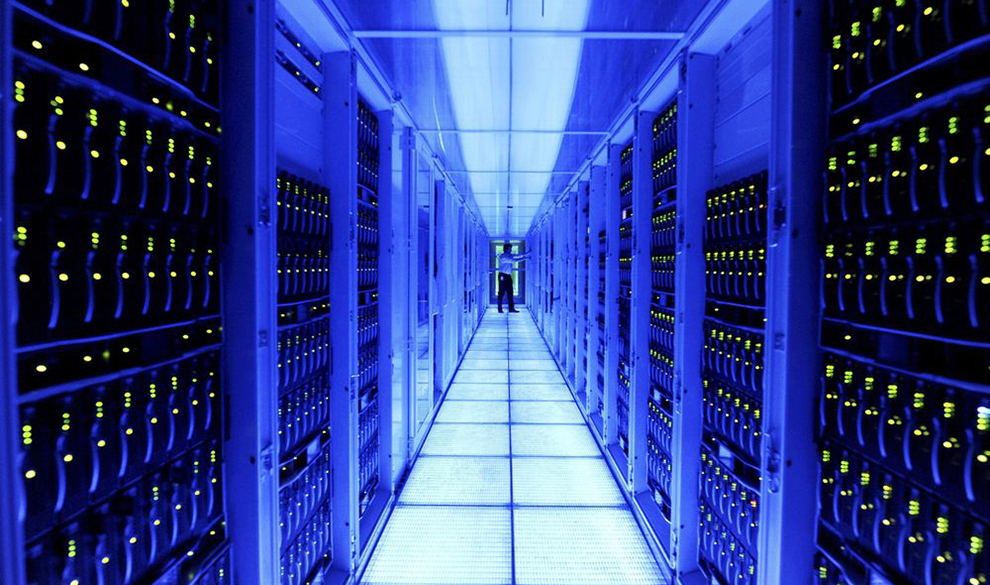5 Types of Servers for Companies You Should Know

Imagine running a business where files are scattered across different computers, websites crash frequently, and emails take forever to send. Frustrating, right? That’s exactly what happens when companies don’t use the right servers. Servers are the backbone of modern businesses, ensuring everything runs smoothly, securely, and efficiently.
But here’s the thing—not all servers do the same job. Some store important files, while others power websites, manage emails, or run business applications. Choosing the right type of server can make a huge difference in a company’s productivity and security.
So, what are the most important types of servers for a business? How do they work, and why do companies rely on them?
Let’s dive in and explore five key types of servers that every business should know about!
1. File Servers Store and Share Data
A file server is responsible for saving and sharing files over a network. Businesses do not store data on the entire computer, but in one central area. This is convenient for employees to access, edit, and share documents.
According to a report, file servers streamline data sharing and improve collaboration.
- Storage Capacity: File servers are equipped with hard drives or SSDs that can hold vast amounts of data.
- Security Feature: These servers for companies would have very strong passwords and access controls put in place to protect the files.
- Backup System: Automatic backups can be set up by any company to avoid losing valuable data.
2. Database Servers Manage Business Information
A database server is a complex system under which corporate data can be stored, organised, and managed in huge amounts and can retrieve that information on demand as it would a digital library. Database Servers are the primary places for companies to store key information such as employee profiles, sales transactions, and customer records.
This type of server employs some specific software such as MySQL, Microsoft SQL Server, and Oracle Database as part of a query processing and fast access to data.
In addition, access restrictions and data encryption to protect sensitive data form part of the essential features for database security. Businesses would risk delays, losing data, or security threats without a proper database server.
Source: DNSstuff
3. Web Servers Handle Websites and Online Services
When users request webpages, a web server acts as a digital postman, delivering them to them. The web server handles requests and returns the content of the website whenever you type its address into your browser. Web servers are used by businesses to host web-based apps, online marketplaces, and corporate websites.
These servers make sure that websites run fast, remain safe, and manage several users at once. Websites may become sluggish, unresponsive, or even crash during periods of high traffic if they don’t have a dependable web server.
Moreover, with the web server, the hosting providers can manage multiple domains (users) on a single server.
- High-Speed Processing: Web servers handle thousands of website requests per second.
- Security Features: They use SSL certificates and firewalls to protect against cyber threats.
- Scalability: Companies can upgrade web servers to handle more traffic as their business grows.
- Data Storage: They store website files, including images, videos, and code.
- Load Balancing: Some businesses use multiple web servers to distribute traffic evenly and prevent overload.
4. Application Servers Help Run Business Software
Application servers are used by businesses to lessen the strain on individual computers. Without them, using big apps on separate devices may result in crashes and sluggish performance. Even when several people are working at once, these servers make sure that business apps function properly.
Key Advantages of Application Servers:
- Improved Performance: To effectively manage numerous requests, application servers make use of fast processors and lots of memory.
- Remote access increases flexibility by enabling employees to use company applications from any place.
- Security & Data Protection: To safeguard confidential company data, these servers are equipped with built-in security measures like user authentication and encryption.
Application servers are essential for businesses that rely on software to manage operations. By centralising applications on a dedicated server, companies can improve speed, security, and overall productivity.
5. Mail Servers Send and Receive Emails
Email communication is vital in every business because it is through emails that employees communicate with teams, share papers, and send vital messages. Have you ever thought about how an email traverses from one computer to another?
This is where mail servers come into the picture.
A mail server is that particular computer which acts in sending, receiving, storing, and processing emails for a company. Without a mail-server, emails would never reach its destination which would leave an organization in a very communication chaotic state of affairs.
Key Features of Mail Servers
- Storage Management: Mail servers keep all sent and received emails for future access by employees to access messages at the time of their choice.
- Spam Filtering: Advanced filtering systems prevent spam and unsolicited emails directed to the mail user so that the user is free from any form of deception known as phishing.
- Security and Encryption: Most of the mail servers use email encryption (SSL/TLS) so that the user may be protected from hackers and maintiain privacy.
Conclusion
The backbone of any business is the servers, which store the crucial files, work with the mails, run websites, and keep everything running in the proper way. Without them, it will be tough on the part of the businesses to stay organized and efficient.
Servers are classified into certain types, each one for a specification. File servers can help in storing and sharing documents. A database server allows for maintenance of the relevant information a business has. A web server makes sure websites can run smoothly. Then there is the mail server for e-mail handling, and finally, application servers which power up the business software.
By availing the right servers, it will make way for faster and improved security and growth without any problems. It doesn’t really matter whether a business is big or small; it is the need for every enterprise to use servers for smooth operations.



